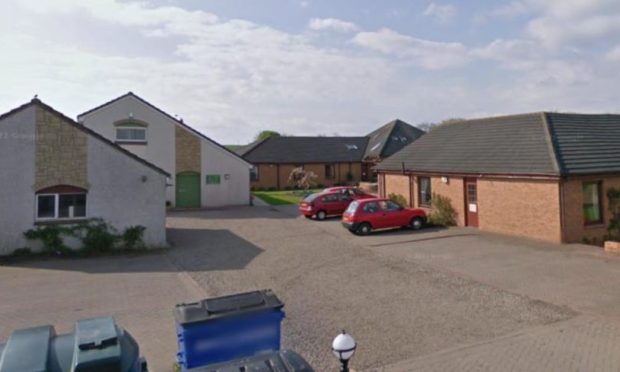This week’s shocking figures about stress-related absence in Fife’s schools will probably be of little surprise to those working in the education sector, but that doesn’t detract from the fact that they have been going in the wrong direction for some time now.
Let’s not beat about the bush though: losing almost 16 years’ worth of teaching days in just one year is a stat that should raise serious alarm bells in all professions – not just in the classroom.
Stress and other mental health issues used to be very much a taboo subject, and for too long was wrongly seen as a sign of weakness.
Thankfully that’s changed in the 21st century and more and more people feel able to talk, get help and get themselves well.
Anxiety, stress and/or depression, brought on by a range of factors, not only has a huge effect on a person’s body, mind and wellbeing, but it has secondary effects on family members, friends and colleagues, thus impacting on communities as well.
It’s always been an issue, but it seems to me like 21st century life is pouring petrol on a fire that was merely only threatening to spread a few decades ago – and it’s high time individuals, businesses and public health professionals in Fife start realising they really need to do more before it’s too late.
Economic uncertainty, social media, the influence of the media and rising expectations of what life should be like have all been suggested as possible causes for a rise in mental health-related conditions and absence, but people are struggling to make ends meet and cope with the demands of day-to-day life, while many of those same people are being asked to go over and above in their line of work and seeing their workload pile up with little praise or reward.
I’ve heard of many employers in recent months cutting costs and restructuring, but that usually means people having to absorb the workload of colleagues and having more and more pressure put on them.
Giving an inch and taking a mile is only going to end badly, yet it seems to be the norm in many industries these days.
But people still struggle on, using antidepressants and other means to try and cope, and all of that masks a real problem that needs to be addressed.
The fact antidepressant prescriptions has risen by 30,000 in just three years in Fife tells its own story.
So while there is quite rightly a need for people to realise they have a problem and seek help, there needs to be a greater onus on local authorities, health boards and employers that their actions have consequences – and do what they can to stem what seems to be a worrying tide.










